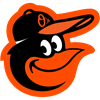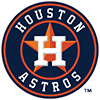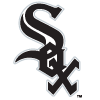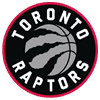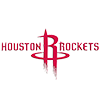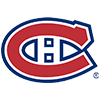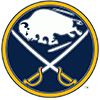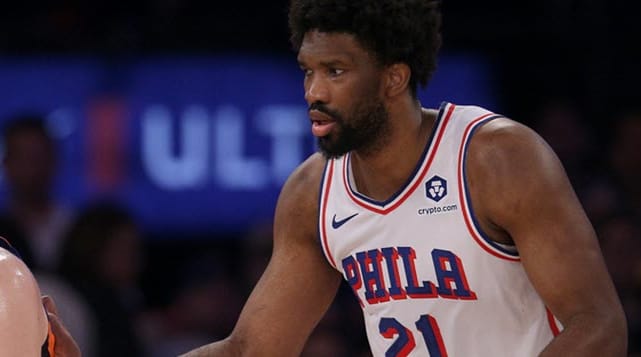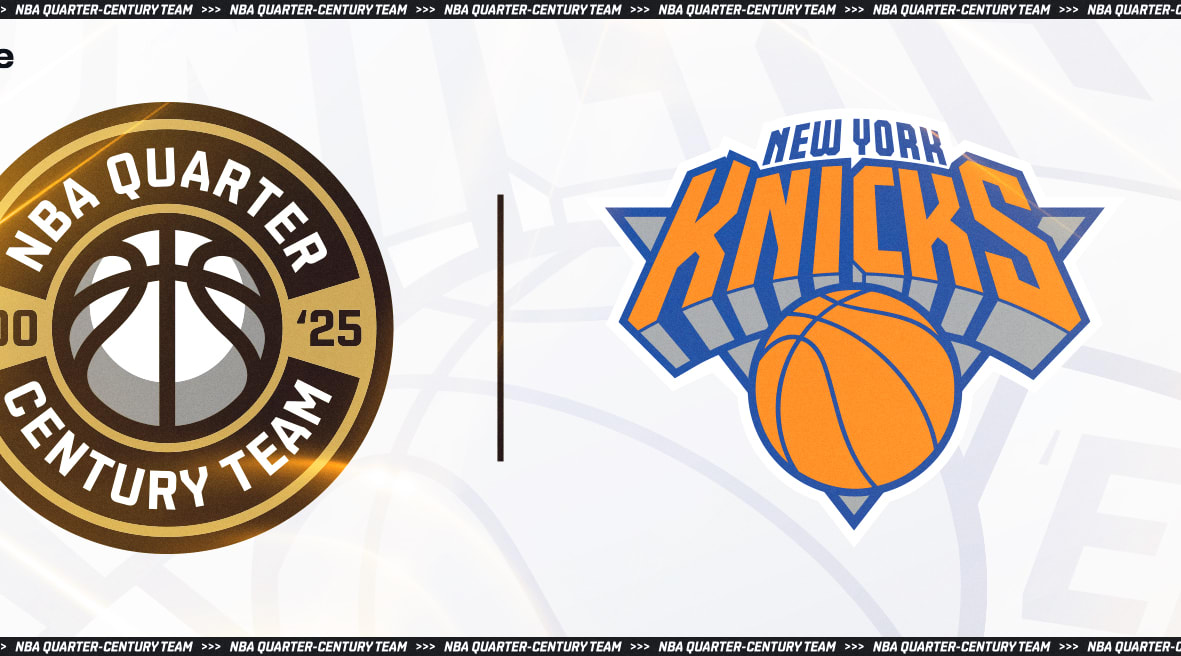The NBA trade season is over, which means the fantasy basketball trading season is just heating up.
So, let's talk about trade strategy.
You're not trading enough, and you're probably not valuing trades correctly
My original title for this article was Why I traded a top-80 player for someone outside the top 150 and then announced that trade on Twitter, but I figured it was too long and messy. While that would have been a bad title, it emphasizes the point: I made a trade that, to most fantasy managers, seems like an obvious mistake. But fantasy sports is literally my job, so presumably I didn't make that move because I was too stupid to know any better. Why did I make that trade, and why do I want to tell you about it?
This article has two goals: First, to encourage fantasy managers to trade more. Second, to help managers do a better job of evaluating trades.
To do that, we're going to dive into some game theory. It'll be fun. We'll incorporate funerals and board games.
And – with some help from game theory – hopefully you'll end up agreeing with my decision to trade Larry Nance for Brandon Ingram. For reference, inputting my league's settings into RotoWire's custom rankings feature, Nance was ranked 47th, while Ingram was ranked 89th. Another rankings algorithm I frequently use placed Nance barely outside the top-70, while it put Ingram more than 100 spots lower, outside the top-170.
What on earth do dead people have to do with this?
While fantasy rankings are a useful tool, they only speak to a player's value in a vacuum. But fantasy players don't exist in a vacuum. They are a piece of a larger roster within the context of a larger league. If you're already in first place in scoring, then adding someone like Zach LaVine – 16th in the league in scoring but provides minimal value in all other categories – is not helpful. LaVine's lofty overall ranking is irrelevant.
This arrangement is actually very similar to the problem of distributing possessions after someone dies. The deceased's possessions all have a neutral value (their selling price), but many of the items also have unevenly distributed emotional value to different descendants.
Stick with me.
For example, say a mother has passed and her children are to split the mother's possessions equally. The armchair that was in Susie's childhood bedroom will have more value to her than to her brother, Gerald. While the armchair might be worth only its $500 selling price to Gerald, Susie might be unwilling to sell the chair for even $700.
The parallel here is that the monetary value of each object corresponds to a fantasy player's overall ranking, while the sentimental value corresponds to how well a player fits within each individual fantasy manager's roster.
Game theory has some very clever ways of handling the inheritance problem and we can use those lessons in fantasy trading.
OK, so what does Game Theory tell us about inheritance?
Game theory teaches us that it's possible to divide up inheritance in a way that all the descendants come away feeling like they got more than their "fair share" and no one feels cheated.
That may sound impossible, but it's true. (As an aside, this is how nerds like me get excited about math)
Say the recently departed had no possessions at all other than that previously-mentioned armchair. To Gerald, that chair is worth $500. However, due to its sentimental value, Susie decides she cannot sell it for any less than $1,000. In this simplified example, here's what game theory recommends:
Susie gets the chair, because it is worth more to her
Susie is only expecting half of the total inheritance, so she pays half of her valuation of the chair (a payment of $500) to a mutual pot
Gerald takes half of his valuation of the chair from the pot (he takes $250; $250 remains in the pot); At this point in the process, both Susie and Gerald feel like they have received an equal share of their mother's possessions, but both Susie and Gerald still get to benefit from Step 4
Susie and Gerald split the remaining money in the pot, $125 to each.
Gerald ends up with $375 dollars, even though he would have been perfectly happy selling the chair and keeping $250. Susie ends up paying $375 dollars for a chair that she values at $1,000.
Let's pause here and make sure we're all on the same page. What that step-by-step guide showed was that by taking advantage of the fact that the chair has different values to each of the two siblings, both siblings came away feeling like they got much more than their fair share.
The most important step in the process above is Step 1 – giving the chair to Susie, who valued it more. Spoiler alert: when we circle back to fantasy trading, this will once again be the most important point.
If the chair had gone to Gerald, then both siblings would have ended up feeling like they got less than half of their mother's inheritance. If Gerald had taken the chair, then he'd end up paying Susie $375 dollars for it; Gerald feels like he overpaid, and Susie feels like she did not receive enough.
The parallel to fantasy sports is straightforward: a player's abstract value (his overall ranking) should not matter nearly as much as his value to the rosters involved.
If, after a trade, the newly acquired player is a better fit for your roster, then your team got better. If your team got better, then the trade was worth making.
The player's overall ranking – just like the open market resale value of Susie's chair – is irrelevant.
Learning from Monopoly
The board game Monopoly can also teach us about fantasy trading.
Monopoly enthusiasts – and yes, that's definitely a thing, and no, I don't think that those of us managing imaginary sports teams are in much position to poke fun – have devoted some serious energy to studying the game, and they have settled upon a few basic strategies. Obviously, there isn't much fantasy relevance to "the orange squares are the most valuable on the board" (who hasn't been burned by a Knick or a Sun this season?). However, when it comes to trading, the advice of Monopoly researchers applies directly to fantasy.
What do Monopoly experts say about trading? Trade. Often. With as many opponents as possible.
When two players trade properties in monopoly, they each gain ground over the other opponents. Sure, one player might "win the trade" by gaining the more valuable of the properties exchanged, but both players end in a better position than they began. Both participants increase their likelihood of winning the game by making the trade.
If Player A is worried about having "lost" the head-to-head aspect of the trade with Player B, then the solution is simple: trade again. If Player A then goes and completes another trade with Player C, he or she more than makes up for whatever ground they lost in the initial trade.
Combining the inheritance problem and Monopoly
The inheritance problem taught us that multiple people can feel as though they got more than half of two-person exchange as long as the property ends up belonging to whoever values it more.
The Monopoly strategy emphasized that participating in a trade improves both participants' chances of winning compared to all players who were not a part of the trade.
In both settings, the market value – the resale value of the chair or the original sale price of the Monopoly property – was not a key factor. In both settings, multiple people benefited from getting the objects to the person who valued them the most.
"Should I trade Kyrie Irving for Joel Embiid?"
We've all seen this question, or versions of it. We've all texted them to our friends – and I'm guilty too. These questions flood Twitter and Reddit.
As we've shown through the two scenarios above, the correct answer to most of these questions is "it depends". The pervasiveness of this question demonstrates the degree to which fantasy trades are not being accurately assessed.
These questions serve some purpose. You might need Irving to get Embiid. If you're trying to acquire Jusuf Nurkic, however, sometimes you need a friend to point out that you should start by offering a less valuable guard. But most of the time, these questions miss the point.
Nance vs. Ingram
So why did I trade Nance for Ingram?
Nance is best at steals and rebounds. He's somewhat helpful in blocks and field goal percentage. He is actively harmful in points and threes. He's PF/C eligible. It is a weekly lineups league.
I'm in first place in steals by a country-mile – I can shed some steals without losing ground in my league.
I'm in 10th in points, with a lot of ground between my current spot and eighth place. Then there are five teams separated by only 150 points. Catching and passing that group is my best chance to make a significant move in the standings.
Most weeks, I was leaving one to three PF/C's on the bench; when healthy my weakest position is SG, followed by SF.
Through waivers, I had recently picked up a few big men who are better than Nance at scoring, and better or roughly equal to him in rebounding, blocks, and field goal percentage.
While, in a vacuum, Nance has a higher ranking than at least half my team, I was in a position where I might bench him every week for the rest of the season. Furthermore, in weeks when I started him, he hurt me in my primary objective – to move from 10th to fourth in points.
I reached out to several teams, especially those near the top of the league in scoring. My goal was to move Nance, but I negotiated several potential PF/C-for-SG trades. Ingram was the highest scorer that I could get who wouldn't do significant damage to my field goal percentage.
In this trade, I got rid of a player who hurt me in a critically important category and who might wallow on my bench for the remainder of the season. In exchange, I received a player I will start most weeks and who will help in categories of need without hurting me where I am vulnerable.
According to catchall rankings, I lost a ton of value in this trade.
But in the context of my team and my league, my roster improved. My final standings will probably improve as a result of this move.
If my team got better, doesn't that mean I won the trade?







